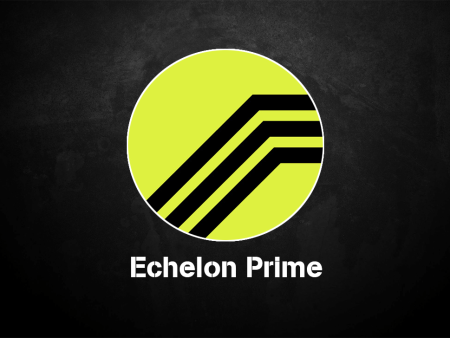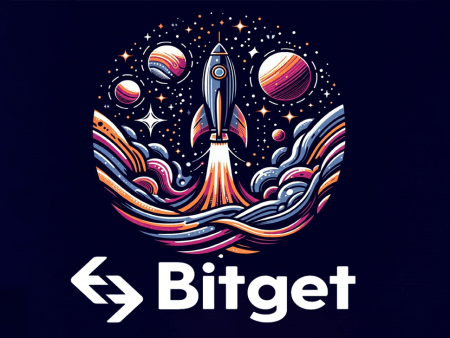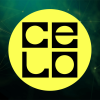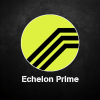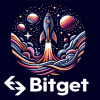Taiko token, an Ethereum Layer 2 scaling solution, is gaining attention in the cryptocurrency community due to its advanced ZK-rollup technology. Launched on May 29, 2024, Taiko token not only alleviates network congestion but also significantly lowers transaction fees.
Taiko token is expected to introduce significant innovations in the blockchain industry. Let’s explore the answers with AZCoin.
What is Taiko?
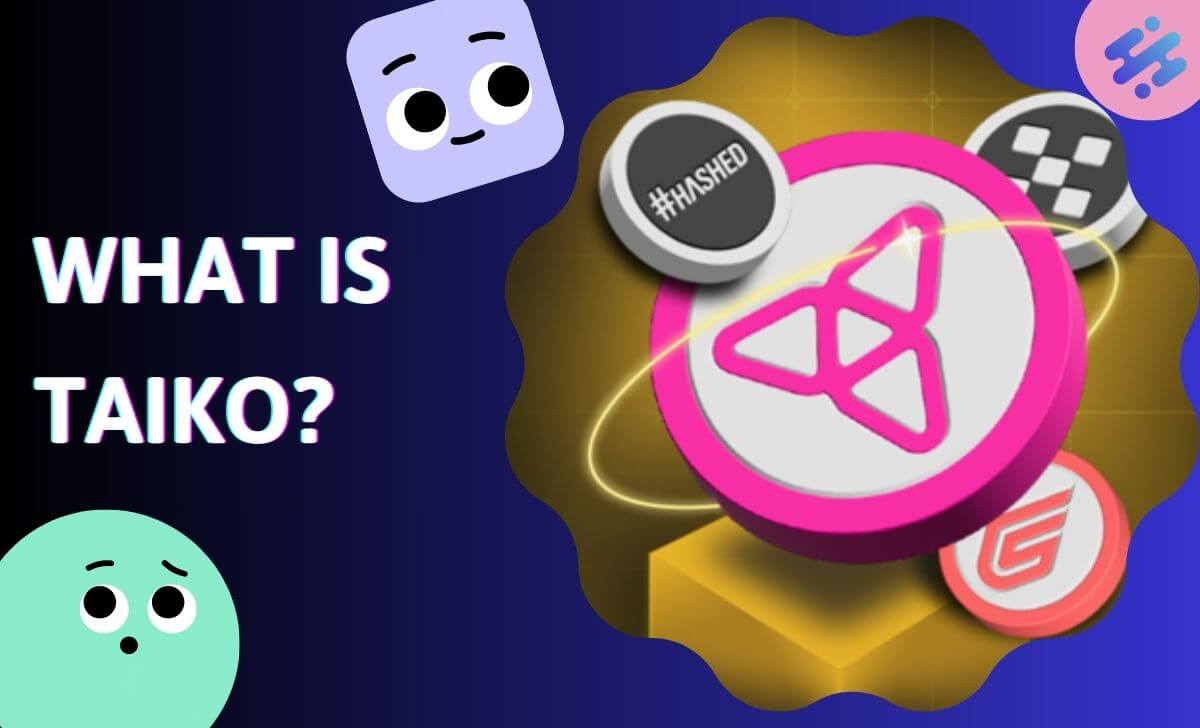
Taiko is a decentralized Layer 2 blockchain that uses zkEVM technology. This blockchain network is designed to be the most Ethereum-compatible type 1 zkEVM. Taiko’s main goal is to provide an efficient and scalable platform for developers and users.
The Taiko project is now nearing completion of the Testnet phase to launch the Mainnet in Q1 2024. As of now, Taiko has an ecosystem of up to dozens of projects launching on the network testnet, which has most of the necessary pieces such as: DeFi, Wallet, Bridge, GameFi & NFT, Launchpad, …
Taiko Technology
zkEVM
zkEVM proves the accuracy of its calculations EVMon Rollup with valid credentials. Taiko can run its smart contract code Ethereum without any changes. Developers can migrate their smart contracts and dApps from Ethereum to Taiko easily.
Taiko deployment zkEVM supports all EVM opcodes and generates valid proofs for zkEVM circuits. In addition to being fully compatible with smart contracts and dApps, all Ethereum and Solidity tools work seamlessly with Taiko.
In addition, Taiko uses the Ethereum infrastructure thanks to its compatibility with this blockchain and allows open source Ethereum nodes such as Nethermind and Erigon to be reused as Taiko nodes.
Layer 2 Rollup Node
Taiko nodes will collect data from Ethereum and execute transactions on Layer 2, then the status will be displayed after each transaction is made. Currently, Taiko’s node is a fork of Ethereum Geth.
Taiko Protocol
The Taiko Protocol defines and enforces the rules of the Rollup and discovers potential participants. Taiko is designed to maintain core principles of decentralization and security.
Smart contracts deployed on Ethereum act as data providers and verifiers of ZK-SNARK proofs. Smart contracts deployed on Taiko perform several important functions, such as reusing the EVM’s programmability to enforce certain protocol properties.
How Taiko Works
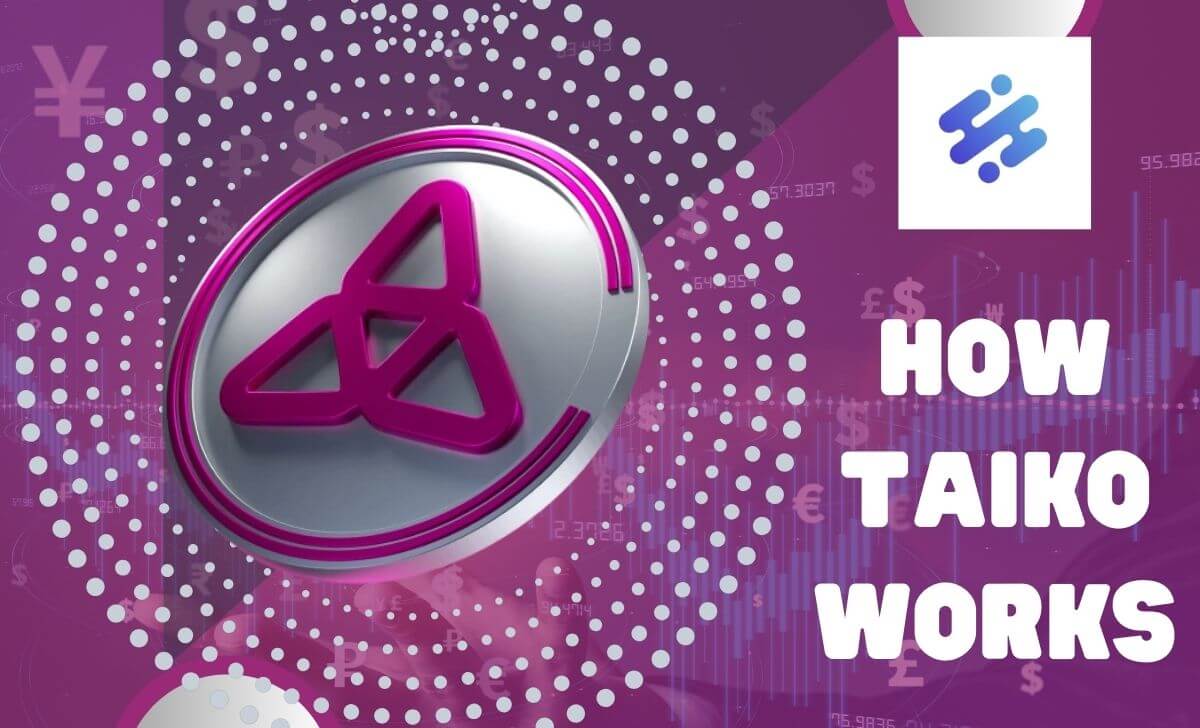
Before we get into how Taiko works, there will be three participants on the network:
- Proposer : These are the people who are responsible for creating blocks for user transactions from L2 and proposing these blocks to L1. Anyone can perform this block creation function.
- Prover : These are the people responsible for generating ZK-SNARK proofs to verify the validity of transactions from L2 and the blocks proposed by the Proposer.
- Node Runner : These are the people who execute on-chain transactions to stay in sync with the state of the network.
Blocks in the Taiko blockchain are composed of a set of transactions executed sequentially on Taiko. New blocks can be added to the chain to update the state and are calculated by following the protocol’s rules to execute transactions and the block submission process is divided into two parts:
- Block proposal : When a Proposer proposes a block, the block data is published on Ethereum and the block is added to the proposed list in the Taiko smart contract. The Taiko protocol ensures that the block is immutable at this point, meaning that block execution is inevitable and anyone can calculate the chain state after execution.
- Block prove : Prover will create valid proofs and prove the correctness of newly submitted blocks. Prover can create proofs for a block using only public data on Ethereum.
- Block verification : The Prover will verify the block and the block before it so that the two blocks are correctly linked together. The block will then be marked as completed on-chain.
Highlights of Taiko
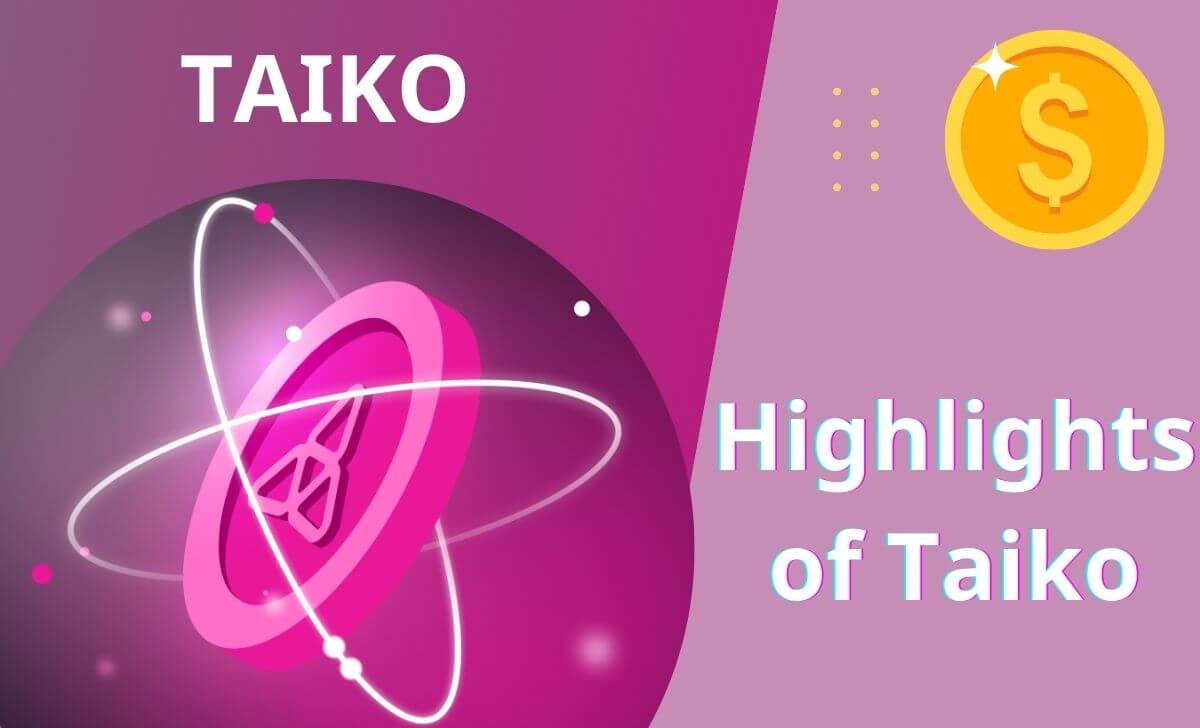
Fully EVM compatible
The zkEVM type 1 that Taiko is using is fully compatible with Ethereum. This allows developers to move dApps from Ethereum to Taiko without fear of smart contract errors. The reprogramming time for old features will be shortened and more resources will be available to develop new features if Ethereum projects want to scale their operations on Taiko and vice versa.
Open-source
Taiko is completely open source and community-driven. All of Taiko’s code is available on GitHub and anyone can view, build, or edit it. The project is highly collaborative, not just with a small team, but with a large community of developers from all over the world.
Completely decentralized
In addition to EVM compatibility, Taiko also places a strong emphasis on the decentralization of the protocol. While most Rollup networks prioritize performance and incremental decentralization, Taiko plans to launch with decentralized proposers (orderers) submitting blocks and proving to generate ZKPs. This highlights how much Taiko values decentralization, as no Rollup currently features a decentralized orderer.
In addition, the development team also announced a priority development plan. KNIFE and will reveal specific details of future plans.
High speed and scalability
Taiko employs Zk-Rollups technology to enhance transaction capacity and lower transaction costs. Zk-Rollups technology uses cryptographic proofs to authenticate transactions, making them more efficient and secure than Optimistic-Rollups.
In addition to faster speeds, Zk-Rollups also allow Taiko to simplify block validation and scale better when transmitting data to other networks. Layer 1 and other Layer 2. This means Taiko can accommodate growing numbers of users and transactions.
Taiko Products
Bridge
Bridge is a bridge product that allows assets to be moved from other blockchain networks to Taiko. Currently, the project is in the Testnet phase, so users can only use this product to bridge assets between the two Testnet networks Holesky and Katla.
Swap
Swap is a decentralized trading platform developed by Taiko. Similar to Bridge, this product also only allows users to experience swapping certain types of tokens on Testnet.
Taiko Tokenomics
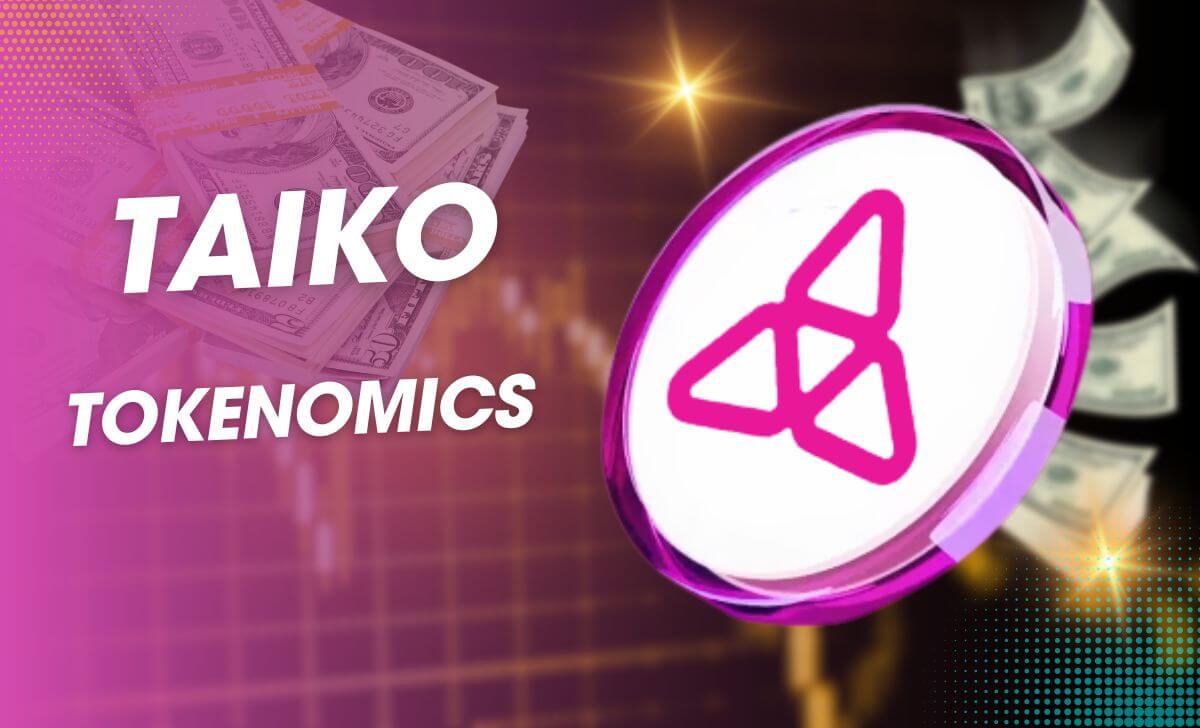
Taiko Token information
- Token Name: Taiko
- Symbol: TAIKO
- Blockchain: Ethereum, Taiko
- Contract Addresses:
- Ethereum: 0x10dea67478c5f8c5e2d90e5e9b26dbe60c54d800;
- Taiko: 0xA9d23408b9bA935c230493c40C73824Df71A0975
- Total Supply: 1,000,000,000 TAIKO
Taiko token allocation ratio
The distribution of TAIKO tokens is as follows:
- Taiko Labs/Core Team: 20%
- DAO: 22%
- Taiko Foundation Reserve: 16.88%
- Investors: 11.62%
- Trailblazer Airdrop: 10%
- Genesis Airdrop: 5%
- Liquidity & Market Making: 5%
- Grants & RetroPGF: 5%
- Guardian Prover Bonds: 2%
- Taiko Official Bonds: 1.5%
- Protocol Guild Airdrop: 1%
At this time, there has been no official announcement regarding the token release schedule for the project.
And if you’re looking to trade the TAIKO token safely, you might want to check out the best crypto exchanges 2024.
Taiko’s team, investors, and project partners
Project Team
Some members of the Taiko team previously participated in R&D related to zkEVM with the Ethereum Foundation in 2021. Others were involved in researching Ethereum’s scalability using ZK-Rollup back in 2018.
Among them:
- Daniel Wang: Co-founder and CEO of Taiko, he previously worked with Loopring for four years.
- Terence Lam: Co-founder of Taiko, he spent six years at Loopring, where he held the position of vice president.
- Brecht Devos: The third co-founder of Taiko, he joined the team in July 2022. Brecht also worked at Loopring as Chief Architect and is currently leading Taiko’s Zero Knowledge R&D department.
The current Taiko team consists of over 20 individuals from 13 different countries. Most members have strong technical or research backgrounds.
Investors
Taiko has completed three funding rounds, with a total disclosed amount of $37 million.
Partner
Taiko has successfully partnered with Orbiter Finance to create a Bridge that connects other chains to Taiko and has also developed its own native bridge to assist users in transferring assets.
Conclusion
With a development team that has a lot of experience in developing Zk-Rollups and zkEVM products, Taiko will be a very promising project in the future. Through this article, you have probably grasped some basic information about the Taiko project to make your own investment decisions.

I am Tony Vu, living in California, USA. I am currently the co-founder of AZCoin company, with many years of experience in the cryptocurrency market, I hope to bring you useful information and knowledge about virtual currency investment.
Email: [email protected]

